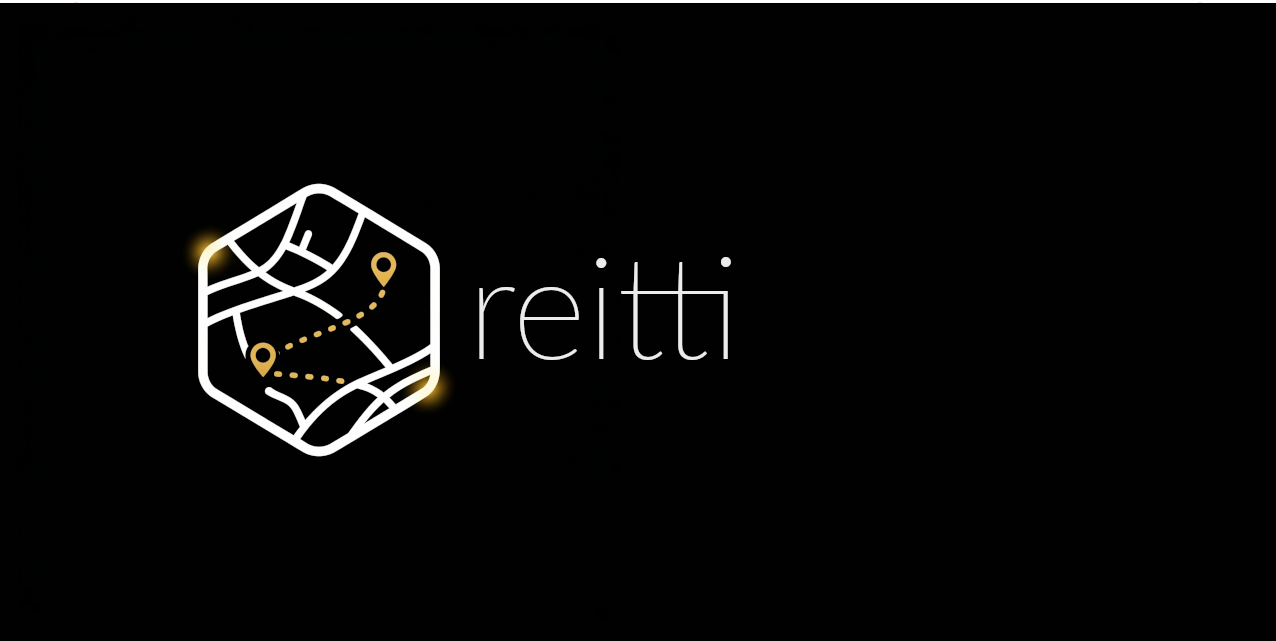Hey everyone!
I’m excited to introduce Reitti, a location tracking and analysis application designed to help you gain insights about your movement patterns and significant places—all while keeping your data private on your own server.
Core Capabilities:
- Visit Tracking: Automatically recognizes and categorizes the places where you spend time, using customizable detection algorithms
- Trip Analysis: Analyzes your movements between locations to understand how you travel whether by walking, cycling, or driving
- Interactive Timeline: Visualizes all your past activities on an interactive timeline with map and list views that show visit duration, transport method, and distance traveled
Photo Integration:
- Connect your self-hosted Immich photo server to seamlessly display photos taken at specific locations right within Reitti’s timeline. The interactive photo viewer lets you browse galleries for each place.
Data Import Options:
- Multiple Formats Supported: Reitti can import existing location data from GPX, GeoJSON, and Google Takeout (JSON) backups
- (Near) Real-time Updates: Automatically receive location info via mobile apps like OwnTracks, GPSLogger or our REST API
Customization:
- Multi-geocoding Services: Configurable options to convert coordinates to human-readable addresses using providers like Nominatim
- User Profiles: Customize individual display names, password management, and API token security under your own control
Self-hosting:
- Reitti is designed to be deployed on your own infrastructure using Docker containers. We provide configuration templates to set up linked services like PostgreSQL, RabbitMQ and Redis that keep all your location data private.
Reitti is still early in development but has already developed extensive capabilities. I’d love to hear your feedback and answer any questions to tailor Reitti to meet the community’s needs.
Hope this sparks some interest!
Daniel



But then I’d have to combine that with existing services myself. NixOS ensures that there is only one postgres running for example, such that not every service starts its own postgres instance.
For immich, for example the following is enough for a most basic configuration:
services.immich.enable = true; services.immich.port = 2283;I see what you mean, interesting. Didn’t really look at NixOS as a server os. I personally prefer using multiple compose files (in the process of migrating to k8s). I share resources too, like in your example, I just point to the existing DB instance, not create a new one for each new service.